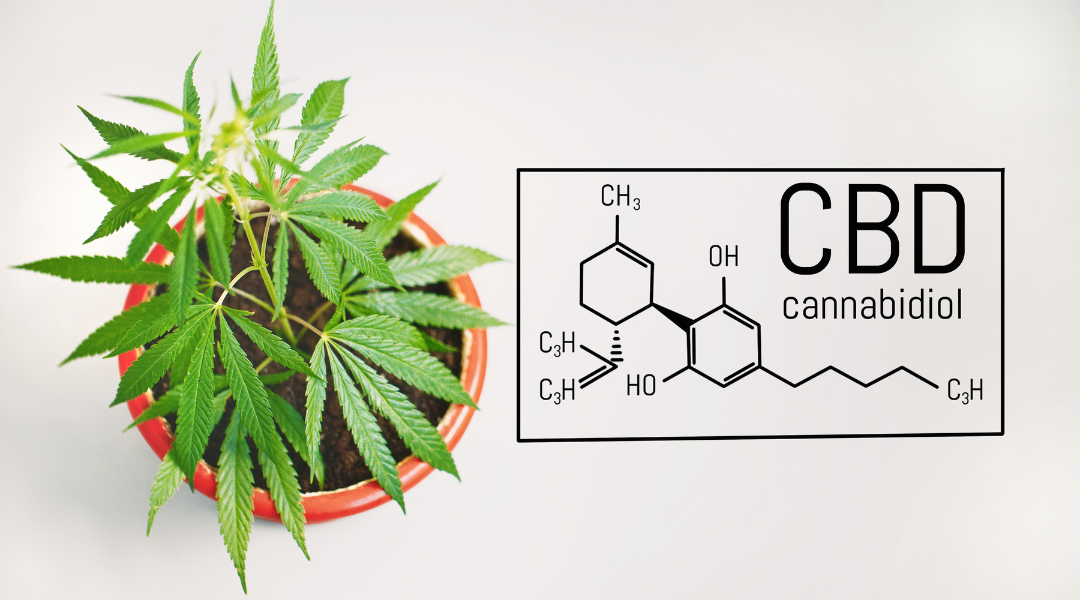
The Beginner's Guide to CBD, Part 1: What is CBD?
Over the next few blog posts, we will be diving a little deeper into CBD, the endocannabinoid system, cannabinoids, terpenes and the entourage effect. In a sense, a beginners' guide to CBD.
It seems like you can’t go into any store without the option of purchasing CBD-something (at least in Vermont!). From lattes to lube and dog treats to tinctures, CBD is in just about everything. In December 2018, the Farm Bill changed federal policy regarding industrial hemp, removing it from the Controlled Substances Act. The bill legalized hemp under certain restrictions and also allows states to submit a plan and apply for primary regulatory authority over the production of hemp in their state (1). This bill is one of the reasons why you are seeing CBD everywhere these days.
So, what is CBD?
Cannabidiol (CBD) is a naturally occurring compound found in the resinous flower of the Cannabis sativa plant. It is a safe, non addictive substance which has significant therapeutic attributes. CBD is one of two major cannabinoids, THC being the other major cannabinoid that you probably have heard of. There are over 113 distinct cannabinoids that have been found in the Cannabis sativa plant. But unlike THC, CBD does not make a person feel “stoned” or intoxicated.
Cannabinoids were discovered in the 1940's. Throughout the years, scientists found that cannabinoids have the unique ability to interact with receptors in our cells. These interactions, through a complex series of pathways, alter the release of chemicals in the brain. These alterations, in turn, produce a wide array of effects throughout the body. The receptors that the cannabinoids bind to are found in the endocannabinoid system in the human body.
With the laws changing around hemp, there has been more research backed by the government showing the benefits of CBD (2). Mounting anecdotal accounts from patients and physicians highlight CBD’s potential as a treatment for a wide range of maladies.
You may be asking yourself “Cannabis, hemp, marijuana… are they all the same?” The answer is no, not really. Hemp is not marijuana. Marijuana is not hemp. Hemp and marijuana are both cannabis. But, hemp and marijuana are different varieties of the Cannabis sativa species. Hemp has below 0.3% THC concentration and has a high CBD concentration. Marijuana has more than 0.3% THC by law; normally 5 to 30% THC. Because CBD can be found in high concentrations in hemp, it is ideal for CBD extraction.
Humans have been healing themselves with plants for thousands of years. The CBD craze is bring the spotlight back to plant medicine. Not all CBD and CBD products are made equally so make sure to do your research, know your farmer (if possible) and ask for test results of products containing CBD.
Check out The Beginner's Guide to CBD, Part 2: The Endocannabinoid System here.
Sources:

